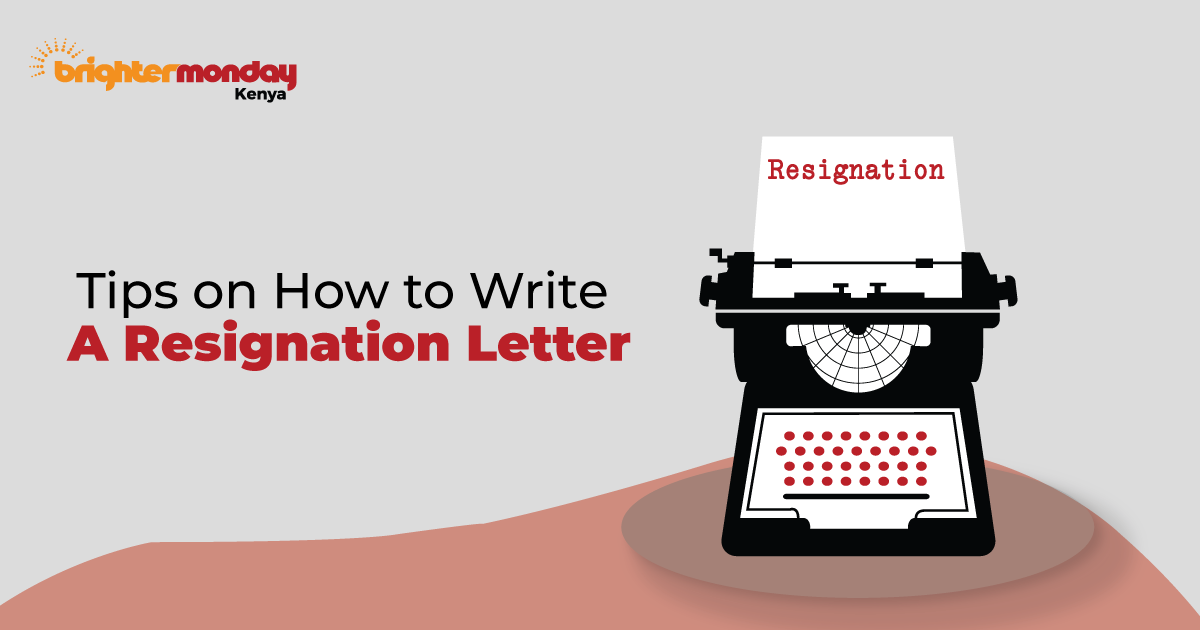You got offered a new job, maybe even a promotion at the new place. It’s time to let your current employer know about the new developments and when you plan to leave. When you resign from your job, it is important to leave in a professional way. Write a resignation letter that captures your appreciation or compliments at the current job.
It’s no secret, not all jobs or work environments are going to work for you. However, when you write a resignation letter, it is never a good idea to burn bridges behind you. Your current network may prove essential in the future.
Here are some tips on how to write a professional resignation letter;
Table of Contents
Speak to your direct boss first
If possible, tell your direct report about your plan to resign first. You can follow up with an official resignation email afterwards. Not only does this allow for time to find your replacement, but it also shows some level of respect for authority. It would be in bad taste if your boss learns of your plan to resign from colleagues.

Write an Official Business Letter/Email
Once your boss knows of your resignation plans, follow up with an official email. Write an email or official letter to both your boss and the human resources department. This letter goes into your file for recording purposes. You can forward a copy to your personal email as well, just for data-keeping.

In your letter, aim to stay as brief as possible. State the specific date you intend to leave and try as much as you can to give at least two weeks notice.
Offer Assistance Where You Can
It is good practice to offer help to your employer during the transition period. You might volunteer to train the new employee if he/she is onboarded while you are still in the company. This way, you leave a positive impression on both your employer and the new employee. Express gratitude for the time spent at the company, you never know – you could need their recommendation of help in the future.

Provide Contact Information
Still, in the spirit of offering help, including your personal email address and phone in the resignation letter would be appreciated. This opens the way for communication even after you leave the company. You might need to ask for assistance from your employer in the future, therefore, stay as positive and as brief as possible.
Never speak negatively about your current job or how much your new job is so much better. Do not go into details about your new role or anything that makes your coworkers or management look bad.
Finally, congratulations on your new role!





